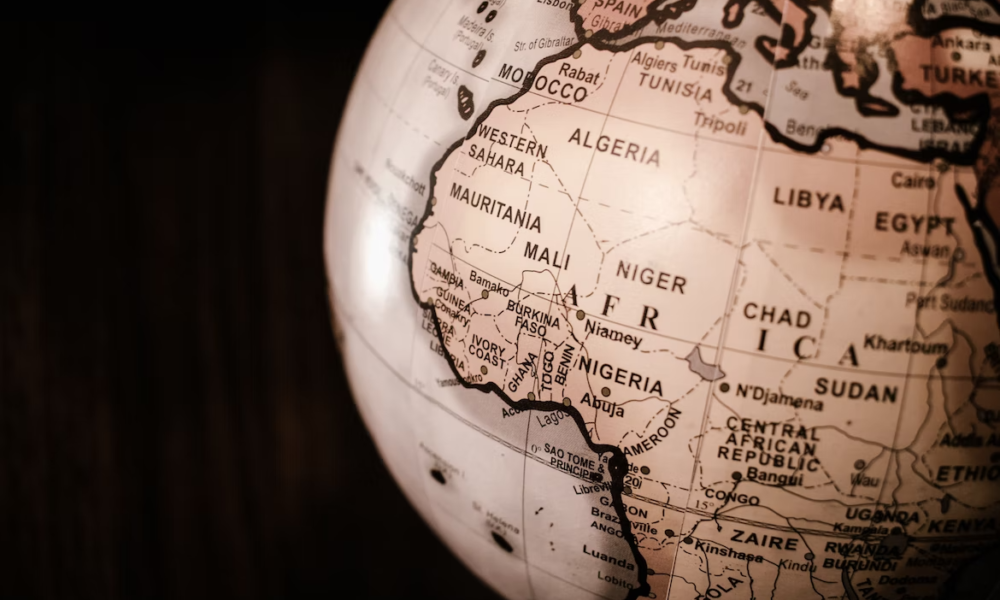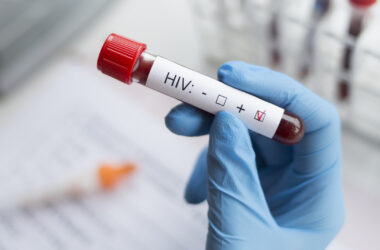In the realm of public health, researchers and health practitioners are reckoning with the pervasive anti-Blackness in the global health community and how it impacts the health policies, quality of care, and well-being of people around the world.
In Fall 2022, Dr. Madhukar Pai, a professor at the McGill School of Population and Global Health and associate director of the McGill International Tuberculosis (TB) Centre, attended a tuberculosis conference in Nairobi, Kenya. He and his co-editor-in-chief of the PLOS Global Public Health journal, Dr. Catherine Kyobutungi, hosted a panel on anti-Blackness in global health. Following the panel, several of the researchers who participated penned an opinion article with the hopes of combating the pervasive anti-Blackness in public health research.
Doctors Marie-Claire Wangari and Samuel Oti, physicians and global health advocates from Kenya, participated in the panel and co-authored the subsequent article, published in PLOS Global Public Health.
“We define anti-Blackness [in the article], but at the heart of it is the hierarchization of races driven by the Western hegemony that places Black people at the bottom of humanity’s food chain,” Oti said in an interview with The McGill Tribune.
Wangari and Oti expose the reality that global health, from colonial times, to the early 1900s, to now, is structurally anti-Black, and centres on Europeans with power and privilege.
A long-standing issue in global health is the visa apartheid that impacts potential conference attendees, especially anyone from Nigeria, Ethiopia, Kenya, and other African nations. Already, fundraising for a visa application is challenging because a visa application to Canada costs $100 CAD and the entire biometrics, travel fees, and online applications can cost upwards of $1,100.
“Practical examples include the persisting issue of visa discrimination to attend global health events such as the IAS [International Aids Society Conference] in Montreal and the HSR [Health Systems Research Conference] in Bogota in 2022,” Wangari told the Tribune.
While 58 per cent of HIV incidence globally is in sub-Saharan Africa, many of the primarily Black folks from affected regions are advocating for health equity, but can’t do so at events such as the IAS Conference.
Wangari, Oti, and even their more senior Black colleagues have run into difficulties with visas for conferences.
“On a personal level, my ambitions to hold higher positions in a global medical students’ association faced a premature death,” Wangari explained. Due to her inability to attend international conferences, her experiences were deemed too “Afro-centric,” compared to her wealthier, more well-travelled colleagues.
“At some point, I got so fed up that I called on African experts to boycott global events,” Oti added.
Visa discrimination is not the only way anti-Blackness manifests in global health. Of the seven institutions granted $30 million USD by the U.S. President’s Malaria Initiative in 2021, not a single one was based in Africa. There is also inadequate access to vaccines against viruses such as HPV and mpox (formerly known as monkeypox).
“Africa is the only continent where [mpox] has been endemic for years,” Wangari said. “However, when there was an outbreak, the priority countries to get the few vaccines available were the countries that had the financial muscle to purchase them.”
Given these deeply entrenched power asymmetries, there is a growing call to decolonize the global health and development sectors.
“As individuals, we might not have sufficient power or influence to change things. However, as a continent, we are over one billion people strong. That is why I appreciate and support [the] Africa CDC’s call for a New Public Health Order.”
-Doctor Samuel Oti
Africa’s New Public Health Order calls for capacity building for African institutions and health workers, the expansion of locally manufactured health products like vaccines, increased domestic investment in health, and promoting partnerships inter-, and importantly, intra-continentally.
“As the African saying goes, he who wears the shoes knows where it pinches the most,” Wangari said. “It starts with something as simple as acknowledging that African experts not only deserve to have a seat at the table but also have the expertise to shape health reforms and mutually collaborate as we all work towards health for all.”








